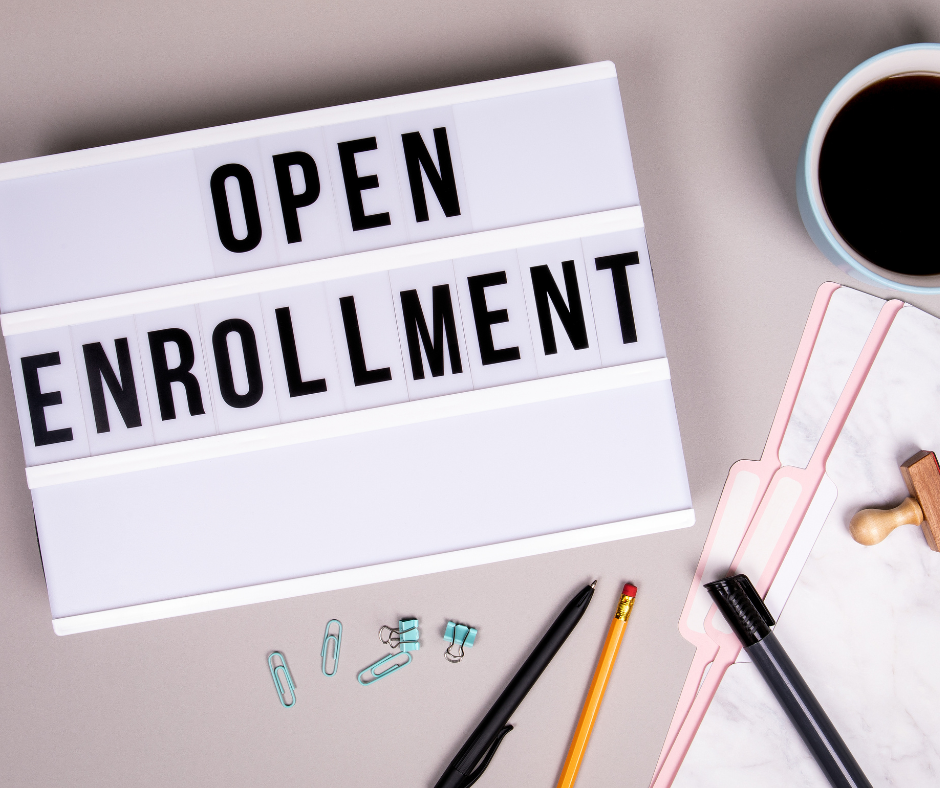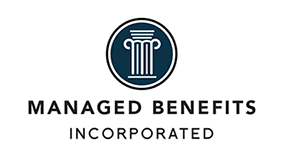 Choosing the right benefits during open-enrollment season is so important and can help save money. It can also give individuals and families broader support with their health. Benefits like medical coverage are particularly important with high inflation having such a big impact on people’s budgets.
Choosing the right benefits during open-enrollment season is so important and can help save money. It can also give individuals and families broader support with their health. Benefits like medical coverage are particularly important with high inflation having such a big impact on people’s budgets.
A survey by UnitedHealthcare found that nearly 40% of employees devote less than one hour to the open enrollment process. It is crucial to carefully analyze your benefits during open enrollment as any decisions you make will likely be locked for the year until the next open enrollment period. Don’t rush into open enrollment without carefully considering your options!
Here are some tips to ensure you make the most of your open enrollment:
Be Prepared
Open enrollment typically lasts for a short period (2-4 weeks) so knowing what you need to do ahead of time can be a big stress reliever. A good starting point is to consider how your needs have changed since last year. For example, maybe you got married or received a raise. These changes may require a change in coverage, whether it be for life, health or disability insurance, and it is important to consider how these or any other expected life changes will impact your insurance needs.
Review Any Changes Made by Your Employer
It is common for employers make changes to plans and premiums to keep up with the times. When you receive your open enrollment packet to review plan options, it is important to consider all aspects of coverage and the total cost of coverage. The total cost is impacted by the deductibles, premiums, co-insurance and maximum out-of-pocket expenses.
Take note of whether your employer made any changes in providers. If this happens, your current physician or dentist may be out-of-network which will result in out-of-network costs or denied claims.
Review Your Insurance Options
The largest portion of employer benefits is health insurance so it is important to choose the plan that is best for you and your family. Important questions to ask are: how often do you have medical expenses? Are lower premiums or lower out-of-pocket costs more important to you? Do you take expensive prescription drugs? Can you afford hefty out-of-pocket costs if there is an emergency?
There are 3 main plan types:
- Preferred Provider Organization (PPO)
PPO’s are a popular choice since they allow you to see any doctor or specialist and don’t require a referral from your primary care physician (PCP) to see a specialist. However, PPO premiums are usually much more than other plans. To help reduce costs, remember that using in-network providers and specialists who are part of your PPO network will save you money.
- Health Maintenance Organization (HMO)
HMOs have lower premiums than PPOs but they require you to stay in-network. You will also need a referral from your PCP to see a specialist. The idea is that the PCP coordinates your care.
- High Deductible Health Plan (HDHP)
Another low-cost option is a high-deductible health plan. What sets HDHPs apart from other plans is their low premiums and high deductibles. That means you won’t have to pay as much each month for premiums but you will need to pay more of the healthcare costs when you need services. To help you pay for the bigger deductible, employers usually pair an HDHP with a health savings account (HSA), which allows you to save for medical expenses, including deductibles and copays.
Learn How FSAs, HRAs, and HSAs Differ
Many employers offer accounts that help you save for medical expenses:
- Flexible Spending Account (FSA)
You decide how much pre-tax money to put into the employer owned account through payroll deductions and then you can use that money to pay for out-of-pocket medical expenses. You lose that money if you change jobs or don’t use it by the end of the year.
- Health Savings Account (HSA)
Connected to a HDHP, an HSA lets you set aside money on a pre-tax basis to pay for qualified medical expenses. The account is yours, so you keep it if you change jobs. The money rolls over each year so you don’t have to worry about “using it or losing it.”
- Health Reimbursement Arrangement (HRA)
An HRA is similar to an HSA except that the employer owns the account so you can’t take it with you when you change jobs. You’re able to contribute money for medical expenses just like an HSA or FSA. Money can also be carried over to the next year like an HSA.
Open enrollment is an important time of year and is worth investing some time and energy to decide what is best for you and your family. Health insurance is one of the most important purchases you make. By doing your homework and taking the time to carefully consider your options, you’ll find the plan that is right for you!
